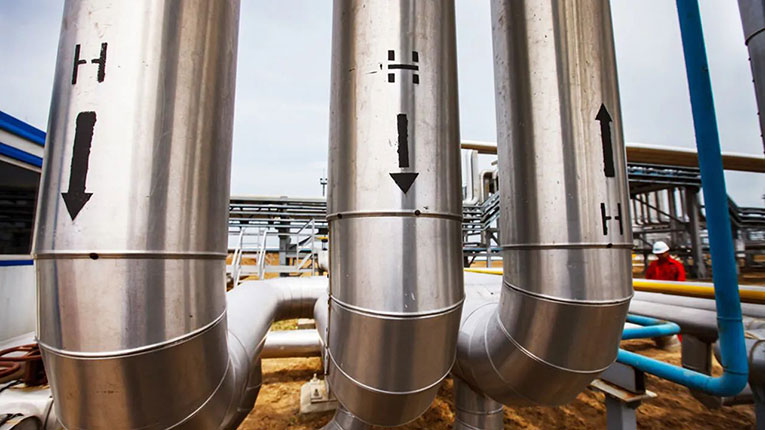Europe’s largest economy and Nordic country to do feasibility study on pipeline that would eventually transport green H2 from renewables but could temporarily also be filled with blue H2 from abated fossil gas.
Germany economics and climate minister Robert Habeck during a visit to Norway has signed a joint statement with Prime Minister Jonas Gahr Støre for energy cooperation, aiming at establishing hydrogen imports in great volumes from the Nordic country to Europe’s largest economy, according to Recharge.
After Russia’s attack on Ukraine, the two countries in a joint declaration stressed the importance to quickly reduce Europe’s dependence on Russian energy imports.
“Norway and Germany are close partners in the energy transition and climate protection. We want to deepen this partnership further,” Habeck said. “The joint declaration we adopted today underlines that. Our two countries agree that when it comes to hydrogen, we have to think about a European hydrogen infrastructure right from the start.”
In the wake of the Russian aggression, the energy transition must be accelerated through a faster expansion of renewables and more energy efficiency, as well as the transition from fossil gas to green hydrogen or its derivatives such as ammonia, Germany’s climate ministry stressed.
The two countries don’t rule out a temporary transport of blue hydrogen (produced from fossil gas linked to carbon capture and storage) through the suggested pipeline, but Germany stressed that would only be considered for transitional period until green hydrogen (made from renewables via electrolysis) is economically more viable.
